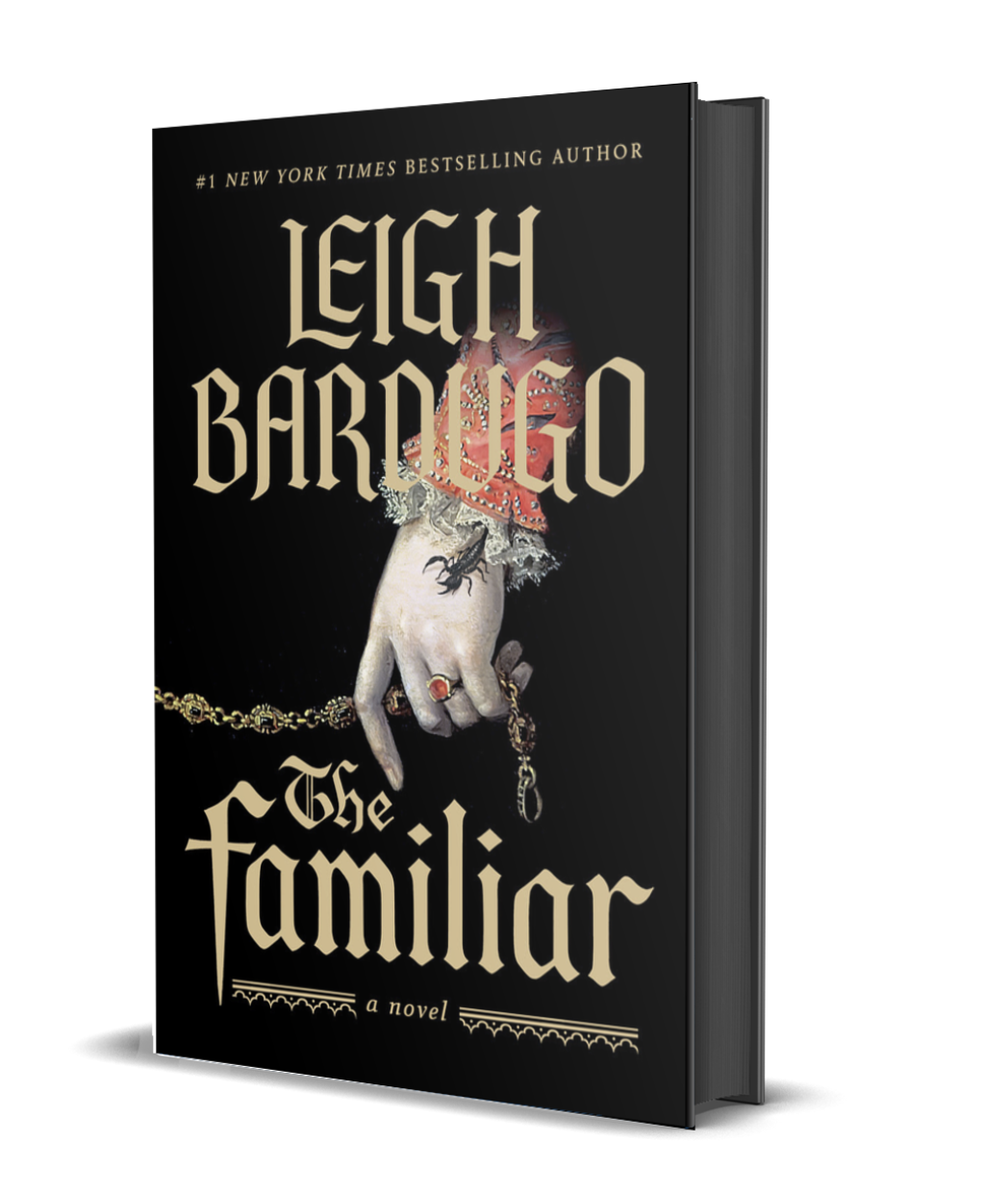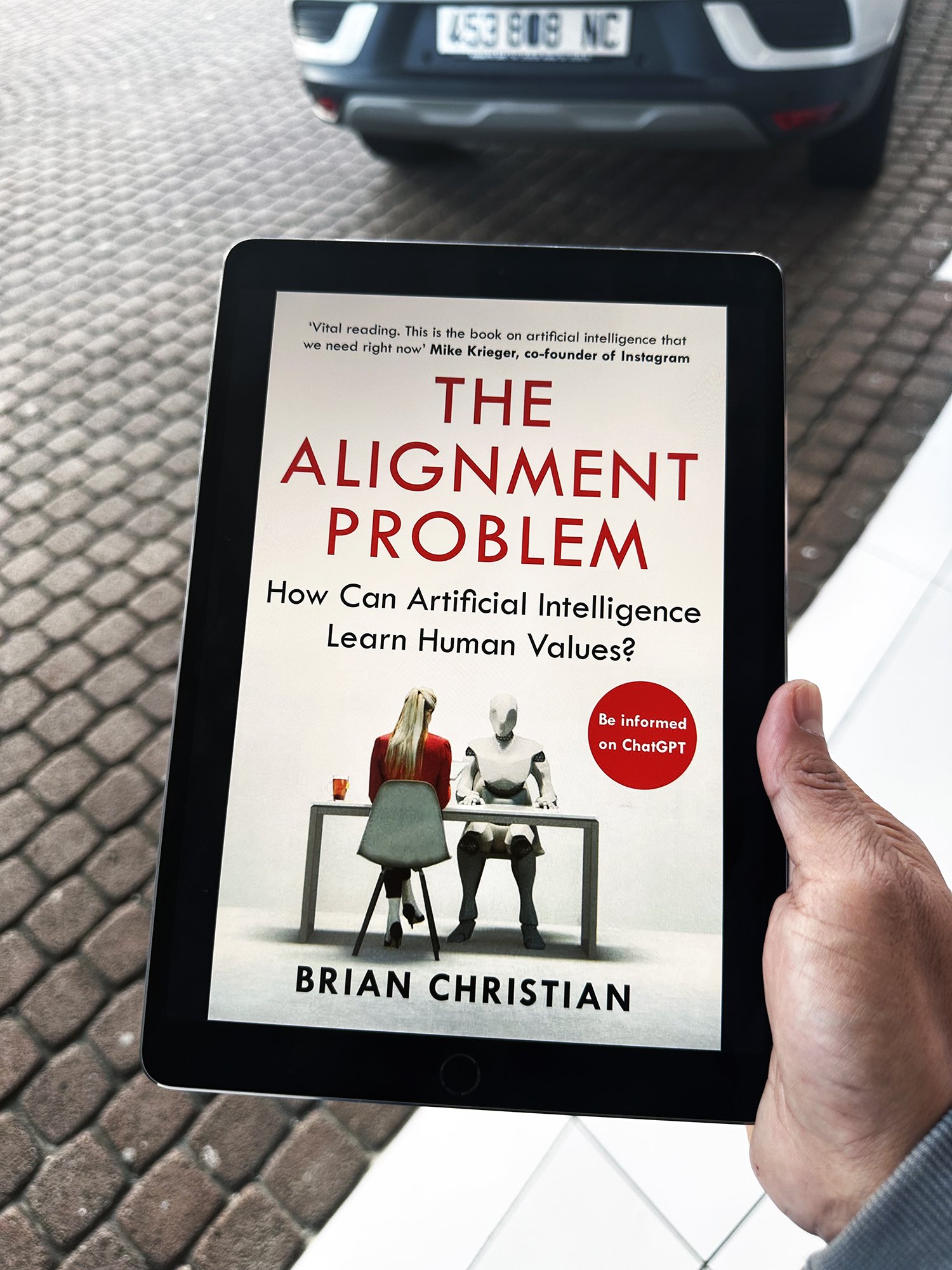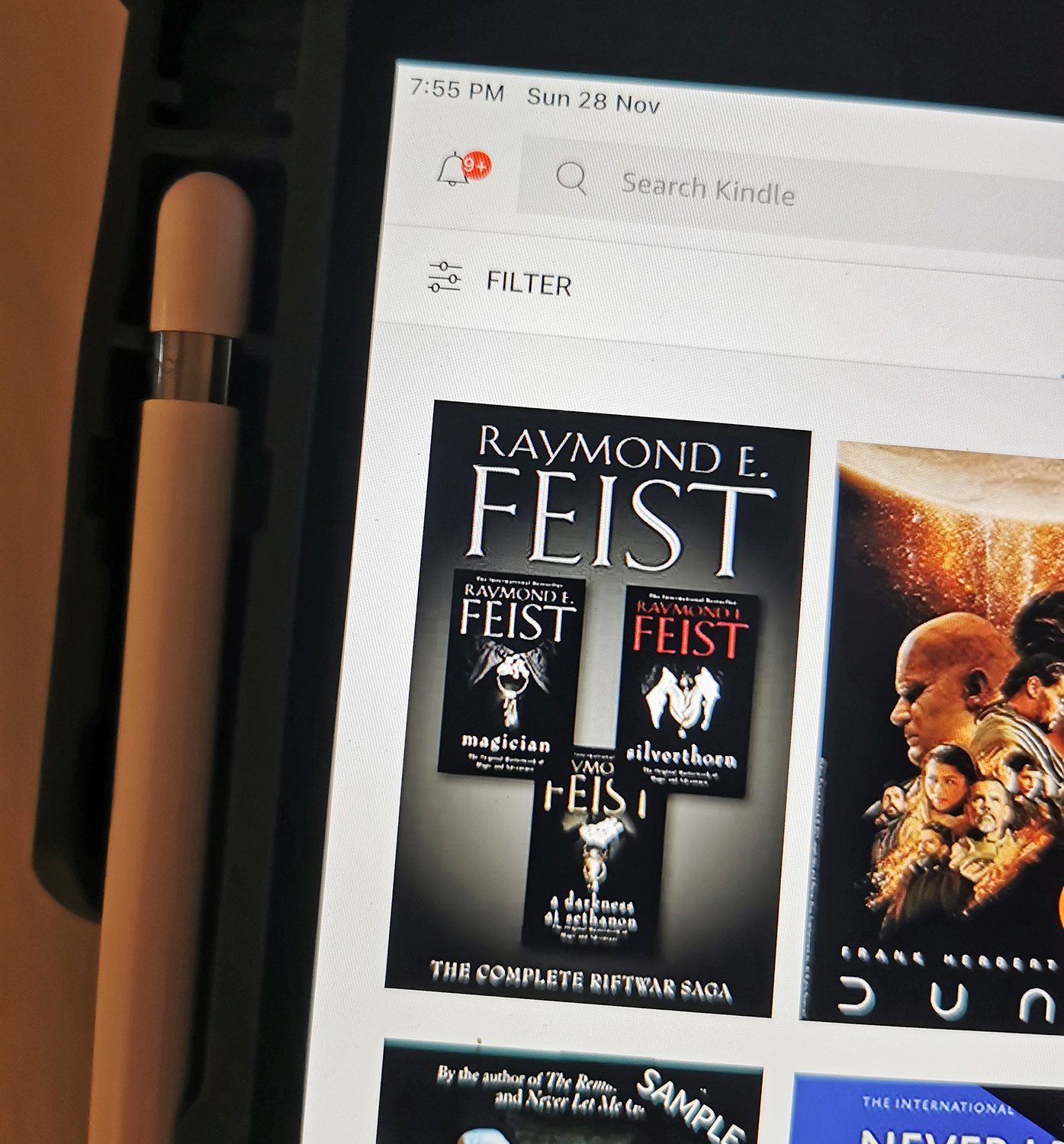When R was younger and didn’t quite yet know the power of his mind, he relied on basic magic- crude magic, like writing affirmations on blessed paper (written after the last full moon prior to the new year), and burnt (conveniently and discretely with the fireworks) just before the clock struck 12.
For more serious stuff, he would write out wishes in the smallest script possible- in reverse- on a mirror fogged with humidity. If it was granted, the wish would disappear. But mind you, when he first knew of this, R was skeptical; it could have been a change in temperature, or that someone may have deliberately wiped it off. But since he did it in his own bathroom which no one else used (with his room locked for good measure) he was fairly certain, it was working as it should.
But more importantly, he had proven it for the last three years of what it granted, and what it withheld. His face burned with shame at the memory of the first two times he did it. Top of his lists for those two years was one word- fame.
Looking back now, he didn’t quite know what it really meant, or what he wanted. Was it adulation? Like people on a sound-stage screaming his name as he sang or danced, neither of which he knew how to do? If it was granted, did he miraculously wake up one morning singing with the voice of an angel, or moon-walked effortlessly across their verandah like Michael Jackson? (he had tried this, but his ankles were stiff and he didn’t move an inch). Did it mean money, because if one was famous, wasn’t wealth not far behind?
But he didn’t think of these things until later, on the 3rd year when he had ‘fame’ at number 2, and when he did look at the mirror after midnight, he had to look again, half-believing. But there it was; number 1 was gone (D will stop bullying me) and so was number 3 (I will do well in Math).
But number 2, ‘EMAF’, in all-caps, was there as it had been for the last three years, unerased.
But whether it was magic doing its work, or life taking its normal course (nudged by magic, who knows?) D stopped bullying him because he moved schools. And he did better at Math- just- because his mother got him a tutor.
But he never ever put ‘fame’ on his wish list ever again, even after he started to understand its strange dynamics. He knew that like a plant, it had to start as a seed, with magic being its oxygen and water, and having it flourish and bloom at a preternatural rate. But he had looked inside of himself, at his catalog of abilities and there was nothing there really that was special or extraordinary.
He wasn’t disappointed at this though. He knew that talent and skill can be granted, even if they were neither special nor extraordinary. Having something that he never had before, was all the magic he ever needed.
So he started to write his magic wish list:
1) you will speak French;
2) you will write something great;
3) you will get some muscles;
4) you will paint;


















